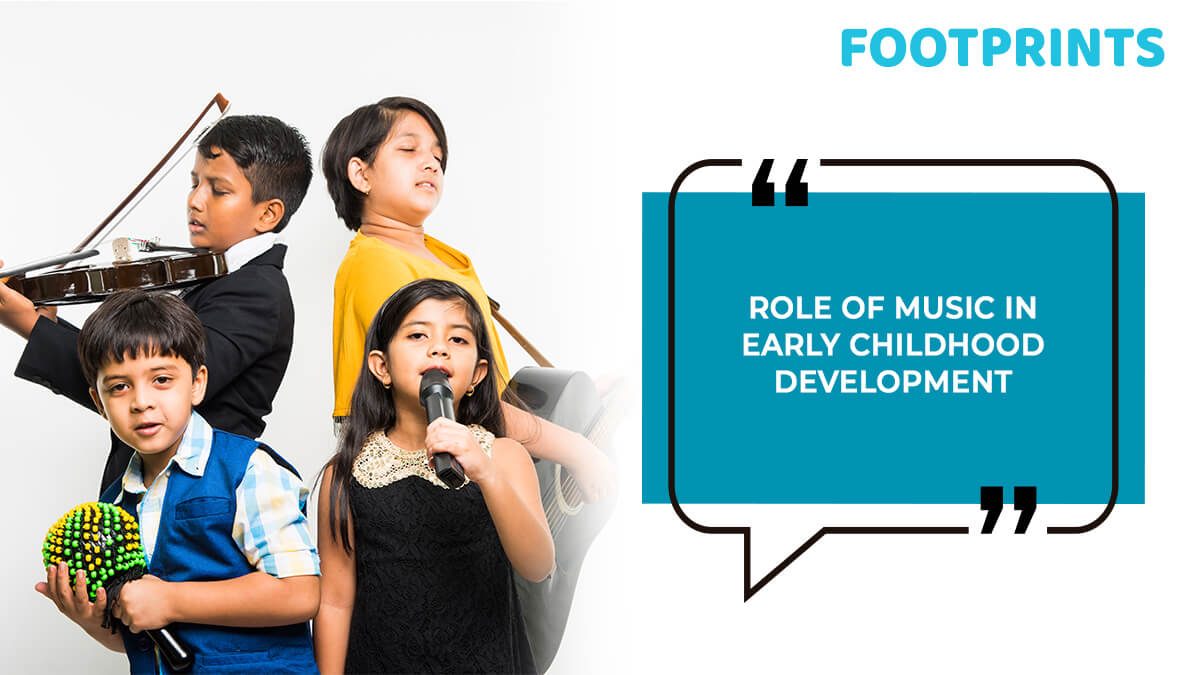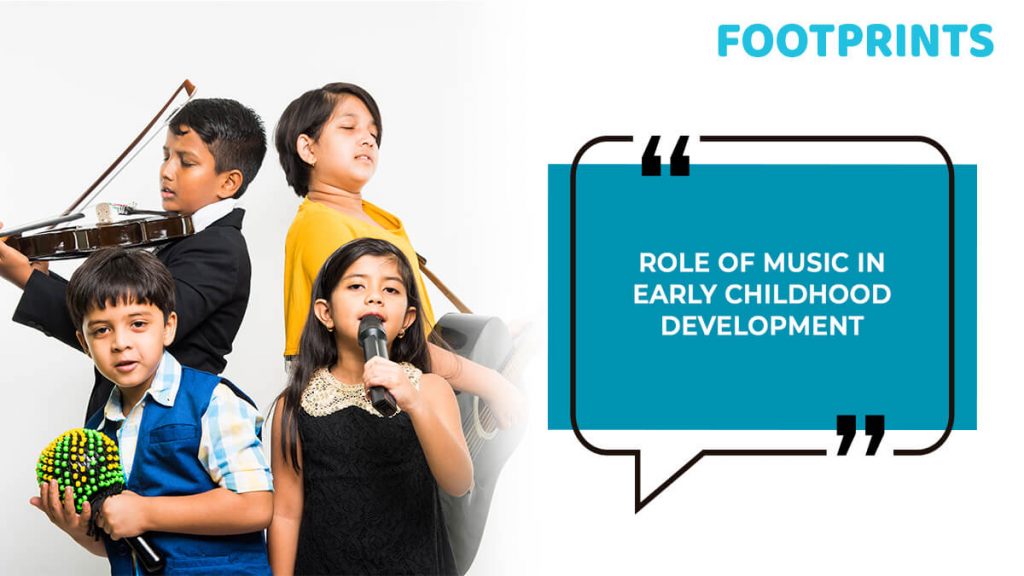
Music has long been recognized as a powerful tool for human expression and emotional well-being. But did you know that it also plays a crucial role in the development of young children? In this blog post, we will explore the various roles of music in early childhood development. From brain development to enhancing language skills, unleashing creativity, and fostering social connections, it has a profound impact on shaping the minds and abilities of young children. By incorporating it into early brain development and engaging children in musical activities, we can unlock their full potential and pave the way for a brighter future.
The Power of Music in Brain Development
Numerous studies have shown that engaging with music at an early age has a positive impact on brain development. When children are exposed to music, it activates multiple areas of the brain, including those responsible for language, memory, and motor skills. This stimulation strengthens neural connections, enhances cognitive abilities, and improves overall brain function. Moreover, it has been found to boost spatial-temporal skills, which are crucial for math and science comprehension.
Enhancing Language Skills
Music and language are closely intertwined, and early exposure to music can significantly enhance a child’s language skills. Singing songs and reciting rhymes help children develop phonological awareness, which is the ability to identify and manipulate sounds in language. Through music, children learn to differentiate between different pitches, rhythms, and tones, which improves their ability to understand and produce language. Additionally, it provides a multisensory experience, engaging both auditory and kinesthetic modalities, which further strengthens language development.
Unleashing Creativity with Musical Exploration
Music is a medium for self-expression and creativity, and when children are encouraged to explore it in a supportive environment, it can unleash their imagination and artistic potential. Playing musical instruments, experimenting with different sounds and rhythms, and composing their own melodies allow children to express their emotions, thoughts, and ideas in a unique and creative way. This creative outlet nurtures their individuality, boosts self-esteem, and fosters a sense of accomplishment.
Social Connector in Early Childhood
Music has a remarkable ability to bring people together, and this holds true even for young children. Engaging in musical activities with peers promotes social interaction, cooperation, and collaboration. Singing in a group or participating in a musical ensemble teaches children the importance of teamwork, listening skills, and taking turns. Moreover, it helps children develop empathy and emotional intelligence by enabling them to understand and connect with the emotions expressed through the music.
Music as a Tool for Cognitive Development
Beyond its impact on brain development, music also serves as a powerful tool for enhancing cognitive abilities in young children. Learning to play an instrument, for example, requires discipline, concentration, and problem-solving skills. It improves memory, attention span, and the ability to multitask. The structure and patterns inherent in music stimulate critical thinking and logical reasoning. By engaging in musical activities, children develop a wide range of cognitive skills that will benefit them academically and in their everyday lives.

Incorporating Music into Early Age
Given the numerous role of music in early childhood development, it is essential to incorporate music into early childhood education. Preschools and daycare centers, like Footprints Childcare, recognize the significance and role of music in nurturing young minds. By integrating music into the curriculum, educators can create a dynamic and engaging learning environment. From incorporating music into daily routines to offering music classes and introducing musical instruments, early childhood education can harness the role of music to enhance overall development and learning outcomes for children.
Musical Activities for Your Child
Parents play a vital role in fostering their child’s musical development. There are numerous musical activities that parents can engage in with their children to promote their musical growth. playing music during playtime, and dancing to rhythmic tunes are simple yet effective ways to introduce children to the world of music. Additionally, providing access to child-friendly musical instruments and encouraging children to experiment and create their own music cultivates their musical abilities and nurtures a lifelong love for music.
Here are some practical ideas for incorporating music into your child’s daily routine
- Sing nursery rhymes and songs together during playtime or before bedtime.
- Encourage your child to experiment with homemade or child-friendly musical instruments.
- Dance and move to the rhythm of different genres of music.
- Explore different musical styles and introduce your child to various artists.
- Attend music classes or concerts specifically designed for young children.
Conclusion
Music is not just a form of entertainment but a powerful tool for an early age. From enhancing brain development and language skills to unleashing creativity, fostering social connections, and promoting cognitive development, music has a profound impact on shaping young minds. By incorporating music into early childhood education and engaging children in musical activities, we can unlock their full potential and lay a strong foundation for their future success. So, let’s embrace the role of music and give our children the gift of a musical journey that will enrich their lives in countless ways.

Amita is an experienced educator with over 30 years of experience. She has an outstanding understanding of child development, having worked with various age groups for prestigious businesses. She has been dedicated to handling Footprints’s Curriculum and Delivery department for the past decade. Amita’s credentials include being one of India’s few HighScope Curriculum certified trainers and volunteering as a course leader for Landmark Education, the world’s largest training firm.



